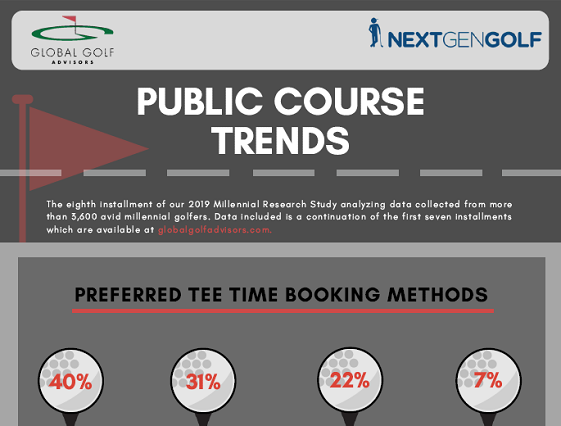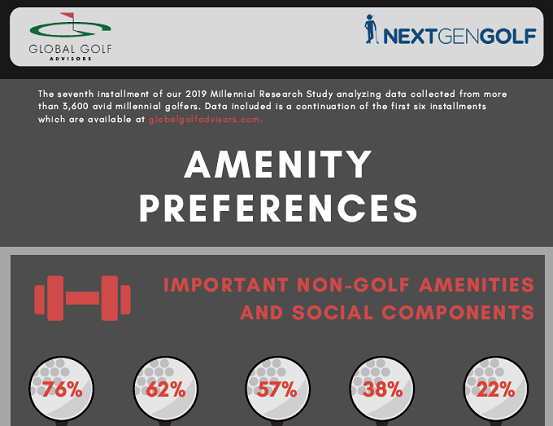A Club Leader’s Perspective: Emerging Trends & Opportunities for 2023
Latest research produced in collaboration with the Club Management Association of America examines pressing needs in club management.
In brief:
- Industry survey of over 230 club leaders across the US highlights the perspective of club leaders on the current challenges facing the industry.
- A Club Leader’s Perspective explores the state of the industry from the perspective of those in club leadership roles, and what influences their decisions.
- Club leaders weighed-in on emerging trends and challenges across five primary areas:
- Industry outlook
- Access and utilization
- Membership experience insights
- Capital and finance
- Inflationary impacts on service
We’ve surveyed club leaders regularly since the start of the pandemic, including in-depth looks at challenges, sentiments and opportunities over the past two years. During this time, many clubs faced an global health crisis, supply chain interruptions, labor challenges and escalated membership levels. In 2023, optimism regarding the economic outlook of the industry remains high despite looming recessionary impacts.
Access the full report for further insights.
Read now
About GGA Partners
GGA Partners™ is an international consulting firm and trusted advisor to many of the world’s most successful golf courses, private clubs, resorts, and residential communities. We are dedicated to helping owners, asset managers, club and community leaders, investors and real estate developers tackle challenges, achieve objectives, and maximize asset performance.
Established in 1992 as the KPMG Golf Industry Practice, our global team of experienced professionals leverage in-depth business intelligence and proprietary global data to deliver impactful strategic solutions and lasting success. GGA Partners has offices in Toronto, Ontario; Phoenix, Arizona; Bluffton, South Carolina; and Dublin, Ireland. For more information, please visit ggapartners.com.
GGA Partners is proud to be a long-standing CMAA Business Partner.
About CMAA
Founded in 1927, the Club Management Association of America (CMAA) is the largest professional association for managers of membership clubs with 6,800 members throughout the US and internationally. Our members contribute to the success of more than 2,500 country, golf, athletic, city, faculty, military, town, and yacht clubs. The objectives of the Association are to promote relationships between club management professionals and other similar professions; to encourage the education and advancement of members; and to provide the resources needed for efficient and successful club operations. Under the covenants of professionalism, education, leadership, and community, CMAA continues to extend its reach as the leader in the club management practice. CMAA is headquartered in Alexandria, VA, with 42 professional chapters and more than 40 student chapters and colonies. Learn more at cmaa.org.
For further information, contact:
Dr. Eric Brey, Ph.D.
Director, GGA Institute
t: 715.505.7716
e: eric.brey@ggapartners.com

![A Club Leader’s Perspective [2023]](https://ggapartners.com/wp-content/uploads/post/a-club-leaders-perspective-2022-2023/18651/2023/02/Website-Featured-Image_CLP.png)
![A Club Leader’s Perspective [2022]](https://ggapartners.com/wp-content/uploads/post/a-club-leaders-perspective/18214/2022/07/clpreportheader.png)















